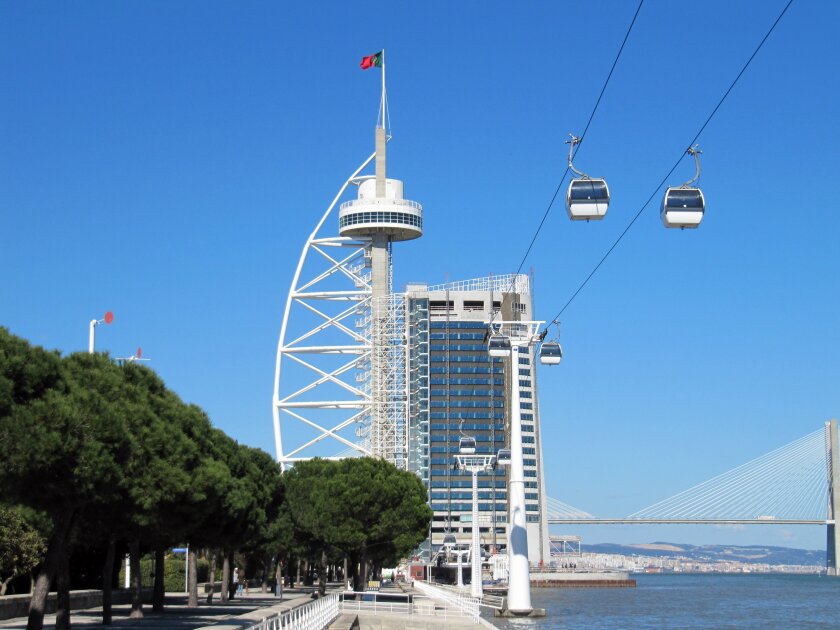Portugal has recently taken a decisive step in refining its tax regime aimed at attracting qualified professionals, researchers, and entrepreneurs. Known as NHR 2.0, this incentive, officially known as Incentivo Fiscal à Investigação Científica e Inovação (the Tax Incentive for Scientific Research and Innovation), was established through the 2024 State Budget Law and came into effect on January 1 2024. However, it only gained full operability after the publication of Ordinance No. 352/2024/1 on December 23, which clarified its implementation.
A shift from the old NHR regime
The original non-habitual resident (NHR) regime had long been a popular option for foreign retirees, professionals, and high-net-worth individuals. However, the Portuguese government phased out this broader scheme and NHR 2.0 has been introduced in its place as a more targeted regime focused on innovation, research, and national economic impact.
Overview of NHR 2.0
NHR 2.0 offers tax benefits to highly qualified professionals who become Portuguese tax residents, and is applicable for a non-renewable period of ten consecutive years starting from the year of residence registration.
Under this regime, income derived by qualified professionals – either from employment (Category A) or self-employment (Category B) – is taxed at a flat rate of 20%, instead of the general progressive rates (up to 53%). All other Portuguese-sourced income is taxed at the standard general tax rates.
Foreign-sourced income is generally exempt from tax in Portugal, though all worldwide income must be reported to the Portuguese tax authorities. The amount is factored into determining the applicable tax rate on the remaining taxable income, which may be subject to progressive rates (i.e., other than any income exempted or that is taxed at a flat rate).
In contrast with the previous NHR 1.0, foreign-sourced pensions are now taxed at progressive rates, but foreign-sourced capital gains shall be exempted.
Eligible professions and sectors
Unlike the former regime, which was available to anyone who became a resident in Portugal but had not been in the previous five years, NHR 2.0 places a strong emphasis on highly qualified professions and export-orientated businesses, requiring applicants to develop in Portuguese territory one of the following activities:
Teaching in higher education and scientific research;
Performing qualified jobs or serving as a member of a corporate body within the scope of contractual benefits for productive investment;
Carrying out highly qualified activities as defined in the annex to Ordinance No. 352/2024/1 on December 23;
Performing another qualified job or serving as a member of a corporate body in an entity carrying out economic activities recognised by the Portuguese Trade and Investment Agency (Agência para o Investimento e Comércio Externo de Portugal) or the Agency for Competitiveness and Innovation (Agência para a Competitividade e Inovação) as relevant to the national economy, particularly in terms of attracting productive investment and reducing regional asymmetries;
Working as R&D personnel whose costs are eligible under the corporate R&D tax incentive system (i.e., expenses for personnel with a minimum education level of four in the National Qualifications Framework, directly involved in R&D tasks);
Performing any job or serving as a member of a corporate body in an entity certified as a start-up, provided that it complies with certain requirements; or
Carrying out jobs or other activities in the Azores or Madeira, under terms to be defined by a regional legislative decree.
Application requirements and verification
Eligibility depends on verification of the requirements regarding the type of activity carried out by the individual, the validation of which is the responsibility of each of the entities to which the applications are submitted (as set out in Ordinance No. 352/2024/1 on December 23), whereas the verification of other legal requirements is the responsibility of the tax authorities.
Final thoughts on the NHR 2.0 regime
Although the NHR 2.0 regime has the potential to attract highly skilled professionals who can contribute to the Portuguese economy – primarily by offering a flat 20% tax rate on qualifying income – it is still relatively new and will require the tax authorities to gain experience and establish a track record in its swift application.
Eligibility decisions are critical, considering that there are different criteria and several application routes. This creates the need for proper planning to overcome administrative hurdles and practical issues that may hinder the full application of the regime.
Further developments are still awaited regarding the publication of the regional legislative decrees by the Azores and Madeira, which will define additional eligible job positions or activities for the application of the NHR 2.0 regime to taxpayers who become tax residents in the autonomous regions. Despite the current uncertainty, these upcoming rules may present a valuable opportunity for professionals seeking to benefit from the regime and relocate to Portugal, and help to attract a talented workforce to the country.
NHR 2.0 represents a positive initiative, reinforcing Portugal’s position as an appealing destination for innovation-driven and high-value professionals. If effectively implemented, it could significantly enhance the country’s scientific and economic ecosystem.













